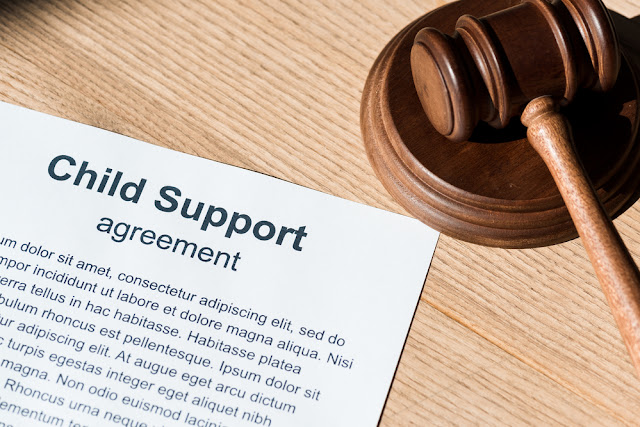When
high-earning parents face the intricacies of child support, there are some
unique considerations. Child support laws aim to ensure that children maintain
a standard of living that closely resembles the financial situation of both
parents. For high-income families, this can introduce a set of unique
challenges and considerations.
Understanding
Child Support Calculations
Child
support in Pennsylvania, including Delaware County, Chester County, and
Lancaster County, is calculated based on state guidelines. These guidelines
take into account the income of both parents, the number of children, which
parent has primary physical custody, and other relevant expenses. However, when
a parent's income exceeds the standard calculation models, courts may need to
apply a more nuanced approach to determine fair child support amounts.
- Income
Beyond Guidelines: High earners often
have income that vastly exceeds the highest brackets in standard child
support tables. In such cases, the court may use its discretion to
determine an appropriate amount.
- Lifestyle
Considerations: The child's
accustomed lifestyle is a significant factor. Courts aim to ensure that
children do not experience a drastic decline in their living standards
post-separation.
- Additional
Expenses: For high-income families, child
support may also cover expenses beyond the basics, such as private
schooling, extracurricular activities, and travel.
Legal
Representation Matters
For
high-earning parents, securing the best child support lawyer
is crucial. A knowledgeable attorney can provide guidance tailored to your
specific circumstances, ensuring that the child support arrangements are
equitable and reflect the child's needs without unjustly burdening either
parent.
Special
Considerations in High-Income Cases
●
Trusts
and Investments: High earners often have complex
financial portfolios. Determining child support may involve understanding
trusts, investments, and other assets that do not constitute direct income.
●
Business
Ownership: If a parent owns a business, assessing the
business's value and the parent's income from the business can be complex but
necessary for fair child support calculations.
● Tax Implications: High-income
earners face significant tax considerations. An experienced lawyer can help
navigate these complexities to ensure that child support determinations are
both fair and tax-efficient.
Custody and
Child Support
Child
custody arrangements can significantly impact child support obligations. For
parents in a custody battle,
understanding how shared custody or sole custody arrangements affect child
support is vital. High-earning parents should seek the guidance of top child custody lawyers
to navigate these waters effectively.
Steps to Protect
Your Interests and Your Child's Well-being
- Document
Everything: Keep detailed records of all
expenses related to your child's care and lifestyle.
- Be Proactive: Engage
with a reputable attorney early in the process to ensure your rights and
obligations are clearly understood.
- Negotiate
Fairly: Consider mediation or collaborative
law as a means to reach an agreement that is in the best interest of your
child.
Key Takeaways
for High Earning Parents
For high-earning parents, addressing child support involves careful consideration of various factors beyond simple income calculations. Engaging the right legal representation, like the best divorce lawyers for comprehensive guidance, is essential. Protecting your financial interests while ensuring your child's needs are met requires a delicate balance, achievable with the right support and information.
This blog was originally posted on https://pa4law.com/high-income-child-support-legal-considerations-and-guidelines-for-high-earning-parents/


























